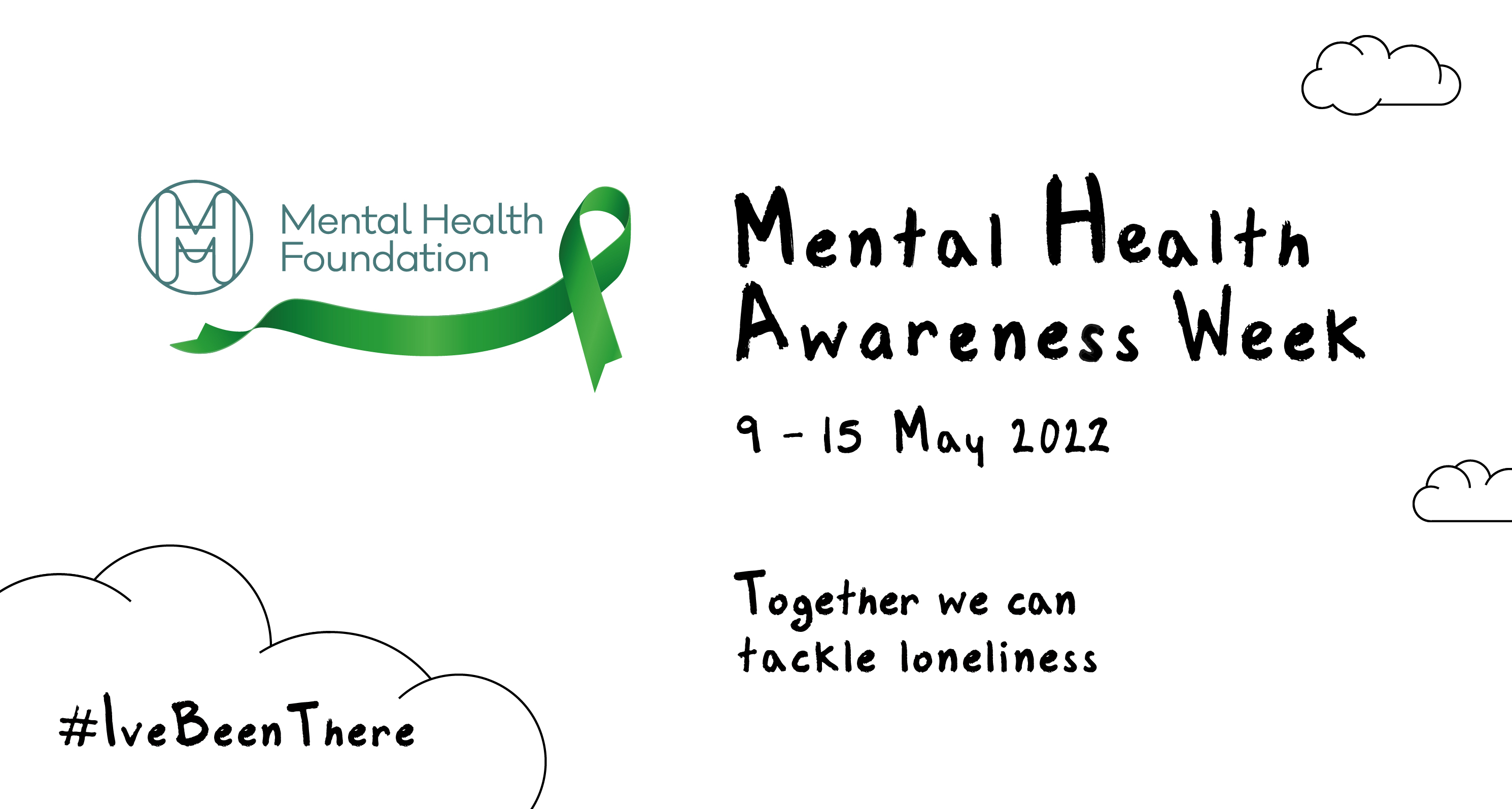Loneliness & mental health

Loneliness & mental health – raising awareness and how pets can help
This year’s Mental Health Week – taking place 9-15th May – is centred around the concept of loneliness. According to the Mental Health Foundation, who established this annual event 21 years ago, “Loneliness is affecting more and more of us in the UK and has had a huge impact on our physical and mental health during the pandemic. Our connection to other people and our community is fundamental to protecting our mental health and we need to find better ways of tackling the epidemic of loneliness.”
Approximately 3 million people in the UK report feeling lonely often or always according to the government’s Community Life Survey 2020/21, with people aged 16-24 more likely to say they feel lonely often/always. However, it is becoming more and more evident that pet ownership can play a crucial part in tackling loneliness and other elements of human mental health. This comprehensive Blue Cross’ 2020 report on mental health and loneliness even recommends that the government introduce pet ownership into the prevention agenda for the NHS, stating “A pet can be a great source of comfort, companionship and motivation for their owners. In many ways, pets can help us to live mentally healthier lives.”
How do pets help our mental health?
- Dogs get you out and about. All dogs need some form of exercise by way of daily walks. If someone is lonely or spends vast amounts of time at home on their own, having a reason to get out of the house every day is very useful. Getting fresh air, exercising, and meeting others on dog walks are all hugely beneficial to our mental health and can help combat feelings of loneliness.
- They bring company into the house. The vast majority of pet owners will agree that they talk to their pets and that their pets provide company. Cats and dogs often have very unique personalities, which can provide distraction, humour and purpose for people who have limited company in their day to day lives.
- They’re both an outlet and inlet for love and care. Feelings of loneliness can often involve feeling a lack of love and care, both for ourselves and for others. Owning a pet involves being responsible for and caring for an animal, by attending to their needs and ensuring they are safe, happy and healthy. This provides a great outlet for humans to express love and care, which is reciprocated and can boost confidence and self-esteem.
- Pets provide a purpose. People who are isolated or experience feelings of loneliness may feel that they have no purpose or reason. Having a pet to care for gives great feelings of purpose and responsibility, which can help motivate people, boost mental health and reduce anxiety. Pet ownership also provides routine and structure to the day, which is proven to help those suffering with poor mental health.
- Working animals. Animals are also used in therapy and disability support due to their ability to calm, reassure and protect. Conditions such as ADHD, autism, PTSD, epilepsy, trauma, and many more can be assisted with the help of working pets.
Not able to home a pet but still want to enjoy the benefits of pet company?
Unfortunately, for some people housing a pet is just not an option. Whilst owning a pet can have its incredible benefits, it still requires time, dedication, space, money and other resources which may not be realistic for everyone. Fortunately, there are still opportunities to connect with animals without having to commit to owning one. You can:
- Volunteer at your local pet shelter.
- Use an online facility such as ‘Borrow My Doggy’.
- Consider a part-time job as a dog walker (you need to do your research over what qualifications and insurances you may need).
- Offer to help with the pets of your neighbours / friends/ family.
How can we tell if our pets are happy?
Pets can also suffer from loneliness which effects their mental health. Both cats and dogs appreciate and crave human company once they have become accustomed to it and dogs especially, being pack animals, thrive when they are in the company of others. Pet mental health can also be affected by bereavement, house moves, circumstantial changes and changes to physical health.
If you notice any of the following behaviours, you should consider if your pet is suffering from any feelings of sadness or loneliness:
- Sudden destructive or aggressive behaviour that seems out of character
- Changes to their toilet habits
- Increased whining, crying or miaowing
- Changes to how much they eat and sleep
- Lack of interesting in playing, exercising or socialising
- Excessive licking and chewing
If you’re ever concerned about the health (physical, mental or otherwise) of your pet, you should always consult your vet to rule out any serious conditions.
Struggling with your mental health and need help? Visit the Mental Health Foundation website to find advice, information and useful resources.






